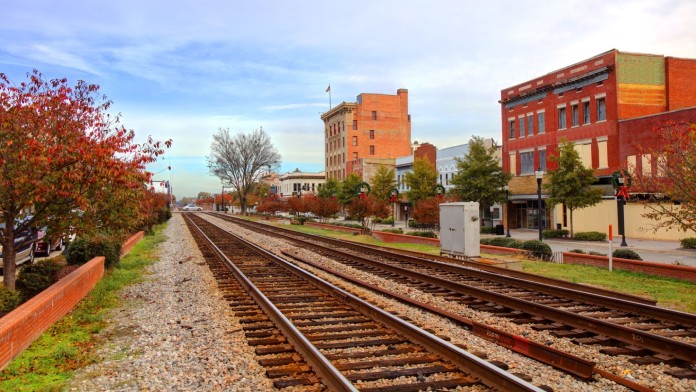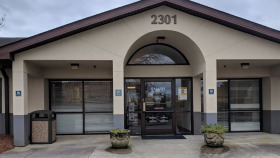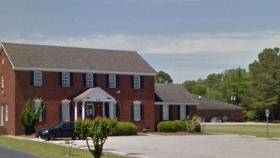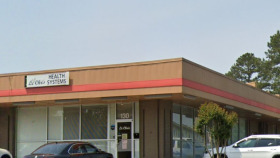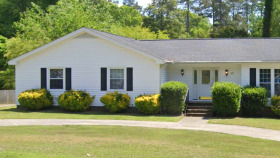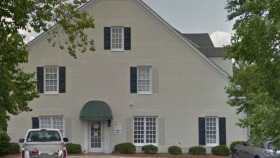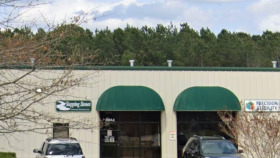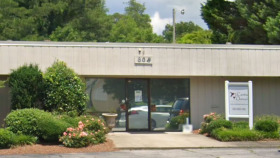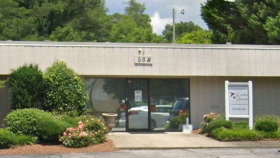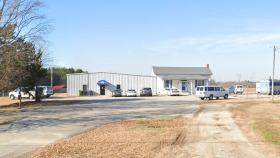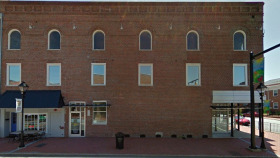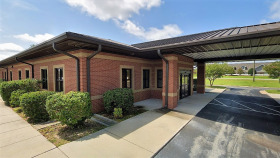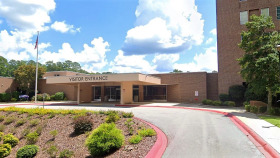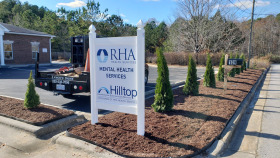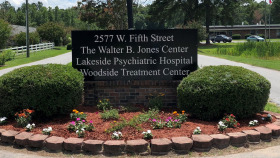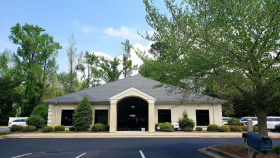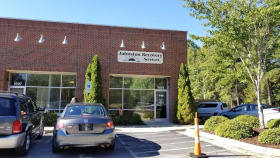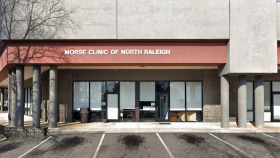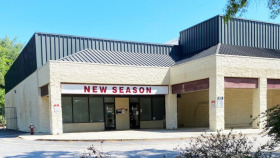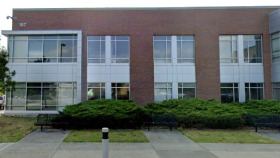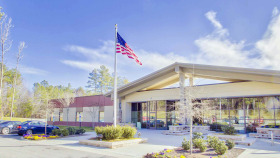Alcohol and Drug Use Statistics in Rocky Mount, NC
The North Carolina Department of Health and Human Services, Division of Public Health, released the following statistics regarding substance abuse in both Edgecombe and Nash counties:1,2,3,4,5
18 of the 25 drug overdose deaths in Edgecombe County in 2021 involved illicit opioids, while that number in Nash County was 26 out of 35 overdose deaths.
Between 2016 and 2020, 32% of fatal car crashes in Nash County involved alcohol. That number jumped to 35% in Edgecombe County.
Levels of Care for Addiction Treatment Settings
There are various types and settings of drug rehab, varying in structure and intensiveness.
Professional Detox
If you are dependent on alcohol or drugs like opioids, quitting can lead to uncomfortable withdrawal symptoms. Inpatient and outpatient detox can help manage your withdrawal symptoms and reduce the risk of relapsing to substance use.
Inpatient Care
Residential rehab is the most structured and intensive setting, providing a peace and serene environment to jumpstart your recovery, away from everyday stressors. You live at the treatment center during treatment and receive a variety of therapies and interventions.
Partial Hospitalization Programs (PHPs)
A step down from inpatient rehab, you attend several hours of treatment per day and return home during non-treatment hours (typically the evening or nighttime). This is a great option for someone who needs a high level of care but doesn’t want to stay overnight at a residential facility.
Intensive Outpatient Programs (IOPs)
Less intensive than PHP, an IOP involves several hours of therapy per week, often visiting the treatment center between three and five days each week. This is often used as a step-down option from inpatient or PHP, though some people’s first point of contact with substance abuse treatment may be an IOP, especially if their addiction is mild or they want to continue working or attending school while recovering.
Standard Outpatient
The least intensive treatment option, standard outpatient, involves one to two hours of treatment per day for one or two days per week. This option has the least oversight and supervision, which increases the risk of relapse; however, highly motivated people with a strong support system may find this level beneficial.
Aftercare
Support doesn’t end once you complete your drug rehab program—it’s important to receive aftercare, which can provide you with ongoing support and encouragement in the form of 12-step groups, non-12-step groups like SMART Recovery, ongoing therapy, sober living homes, and more.
Financing Drug and Alcohol Rehab in North Carolina
If you are worried that you won’t be able to afford drug and alcohol rehab, check out these strategies for financing addiction treatment.
Private Insurance
If you have private health insurance through work or purchased from the Healthcare Marketplace, you can use it to cover the cost of drug and alcohol rehab, either partially or fully, depending on the treatment program you choose.
North Carolina Medicaid
North Carolina Medicaid is a government program providing health insurance coverage for low-income families and individuals. If you have Medicaid, you can use it to cover substance abuse treatment services, although you’ll want to make sure to find a rehab that accepts this form of payment.
Medicare
If you have North Carolina Medicare, you can use it to pay for the cost of drug and alcohol treatment services; however, you’ll want to make sure to find a facility that accepts Medicare.
TRICARE in North Carolina
North Carolina is in the East Region for TRICARE and provides coverage for drug and alcohol addiction treatment and rehab for military personnel, retirees, and their families.
Sliding Scale Rehabs
If you need financial assistance, you can seek out a sliding scale rehab, which charges a reduced price based on your income.
IHS-Funded Drug Rehabs
The Indian Health Service funds various alcohol and drug treatment centers that provide free care to Indigenous people with substance use disorders.
Local Information for Visiting Rocky Mount, NC
Whether you prefer the mountains or the beach, Rocky Mount is a short drive from all North Carolina has to offer. Here are some helpful tips about the town whether you are coming for treatment at a Rocky Mount drug or alcohol rehab or will be visiting someone who is at rehab there.
- Three major highways run through the city: I-95 to the west; US Highway 64, which runs east-west; and US Highway 301, which runs north-south.
- The closest airport with domestic air service is Pitt–Greenville Airport, which is 40 miles to the southeast. The Raleigh-Durham International Airport is 74 miles away.
- Amtrak has 3 north and 3 southbound trains that stop at the Rocky Mount station downtown.
- Tar River Transit provides public bus transportation in and around the city through 10 fixed routes.
- There are plenty of shopping choices with big-box retailers and specialty shops located throughout the city. Downtown Rocky Mount features the Station Square shopping area next to the city hall.
- Fans of the arts have several places to enjoy performances. The Dunn Center for the Performing Arts is the home of the Tar River Orchestra and Chorus. The Rocky Mount Event Center is downtown and has space for 5,000 people.
- Tar River Trail runs 7 miles along the Tar River and connects with multiple parks and city landmarks. You can also find boat ramps for paddling trips on the river. The trail also includes a 220-foot-long wooden bridge.
- The majority of hotel options in Rocky Mount are located off US Highway 64.
North Carolina Drug and Alcohol Laws
Below are some important North Carolina laws related to substance misuse:1
North Carolina Recovery Courts: Non-violent offenders can go to court-ordered drug rehab instead of serving jail time.
North Carolina Good Samaritan Overdose Law: Witnesses to overdoses can receive immunity from prosecution when they call 911 to save a person’s life.
Resources
- North Carolina Department of Health and Human Services. (n.d.). Opioid and Substance Use Action Plan Data Dashboard.
- North Carolina Department of Health and Human Services, Division of Public Health. (2020). Medication and Drug Overdose in Nash County.
- North Carolina Department of Health and Human Services, Division of Public Health. (2020). Medication and Drug Overdose in Edgecombe County.
- University of Wisconsin Public Health Institute. (2022). County Health Rankings – Nash County.
- University of Wisconsin Public Health Institute. (2022). County Health Rankings – Edgecombe County.

